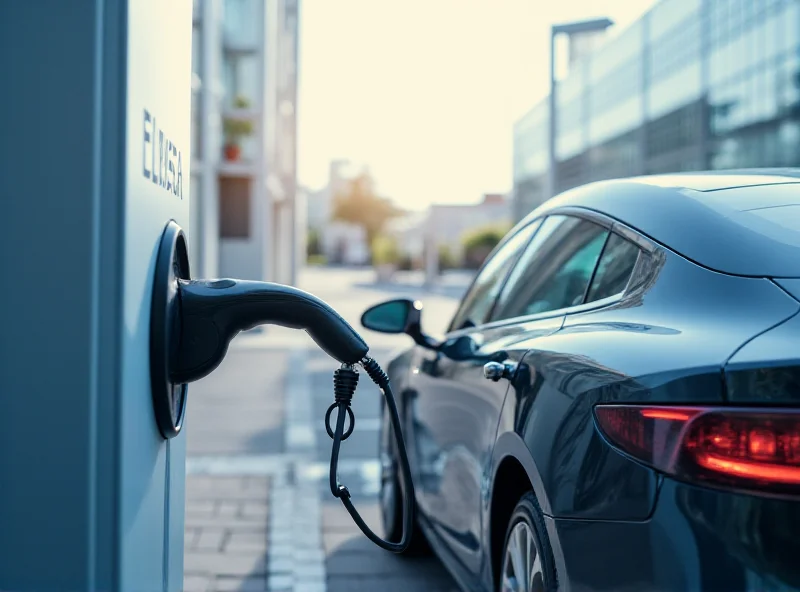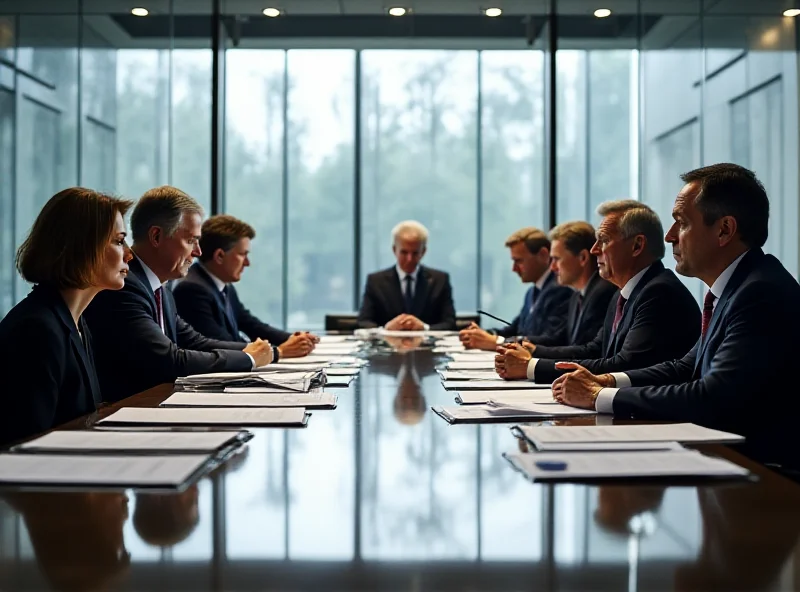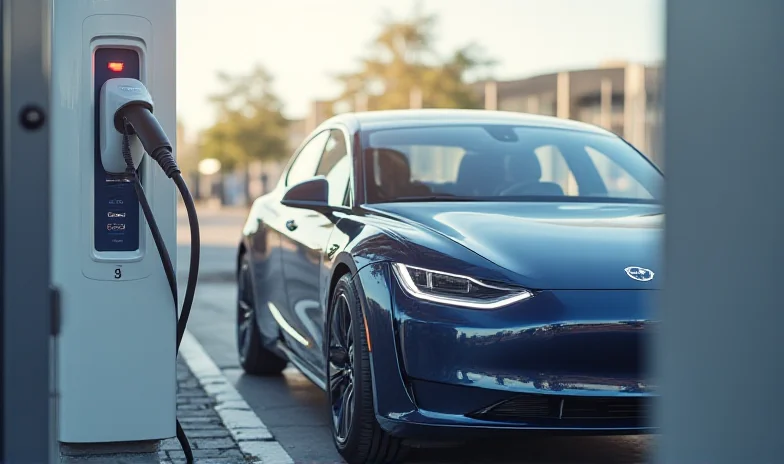The European Union is currently navigating a complex landscape of policy initiatives, internal disagreements, and external pressures. Key areas of focus include boosting the electric vehicle market, strengthening European defense capabilities, and managing political tensions both within and outside the bloc.
Electric Vehicle Push and Battery Production
The European Commission is actively developing a proposal aimed at increasing the demand for electric vehicles (EVs) across member states. This initiative includes a significant provision: requiring local production of batteries. The goal is to not only encourage EV adoption but also to establish a robust and self-sufficient European battery industry. This move aims to reduce reliance on foreign suppliers and create jobs within the EU.

This initiative comes as the EU seeks to solidify its position as a leader in green technology. By mandating local battery production, the Commission hopes to foster innovation and competitiveness in the European automotive sector.
Defense Spending and Internal Disagreements
However, not all EU proposals are met with universal approval. Democratic Secretary Elly Schlein has voiced strong opposition to an 800 billion euro plan for European rearmament, put forward by the President of the European Commission. Schlein insists that the plan must be significantly altered, and she is seeking support from other members of the Socialists & Democrats to advocate for these changes. "It must change, let's hope together with the other forces of the Socialists & Democrats," Schlein stated, highlighting the internal divisions regarding defense spending priorities.
Adding to the sense of urgency, European leaders, including Volodymyr Zelensky and European Commission President Ursula von der Leyen, recently convened in Brussels for an extraordinary European Council meeting. A primary topic of discussion was strengthening European defense in light of potential disengagement from the United States. This reflects a growing concern within the EU about its reliance on external security guarantees and the need to develop its own independent defense capabilities.

Defense Industry Lobbying and External Symbolic Protests
As the European Commission increasingly focuses on defense issues, the defense industry is actively increasing its lobbying efforts within EU institutions in Brussels. Arms manufacturers are seeking to strengthen their influence, aiming to shape policy decisions and secure lucrative contracts. This increased lobbying activity raises questions about transparency and the potential for undue influence in the EU's defense policy-making process. The increased involvement of lobbying firms in Brussels is a cause for concern, according to some EU politicians.
Meanwhile, external tensions are also playing out symbolically. In occupied Donetsk, Russians burned effigies of prominent European leaders, including French President Emmanuel Macron, former British Prime Minister Boris Johnson, and European Commission President Ursula von der Leyen, during the Maslenitsa festival. This act, reported by the Russian website Ura, is seen as a deliberate attempt to express hostility towards the EU and its leaders. It's a clear sign of growing tensions between Russia and the EU.

The EU faces a challenging period, balancing the need for economic growth and technological innovation with the imperative to enhance its security and manage complex political relationships.
